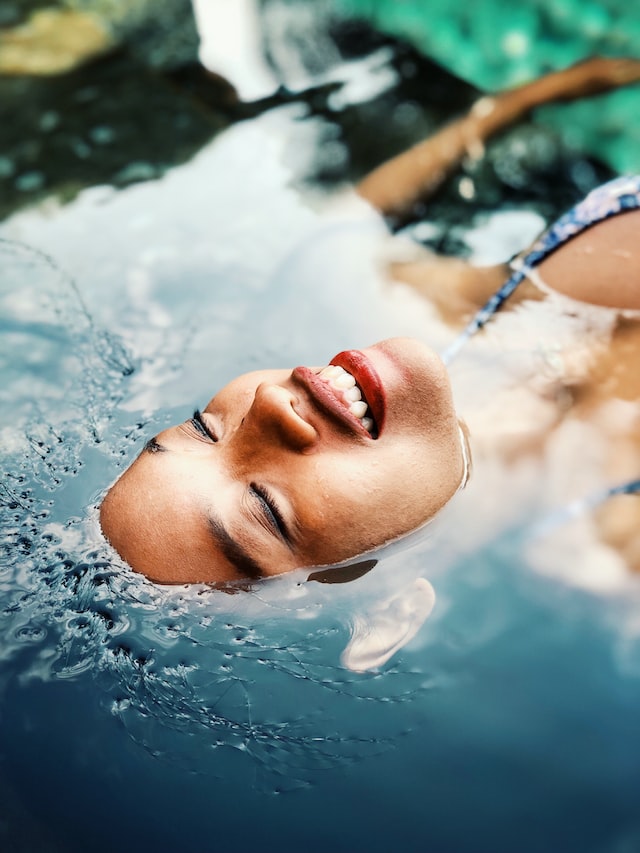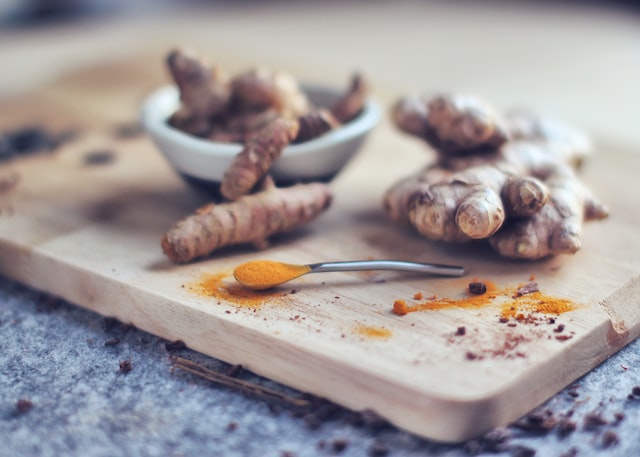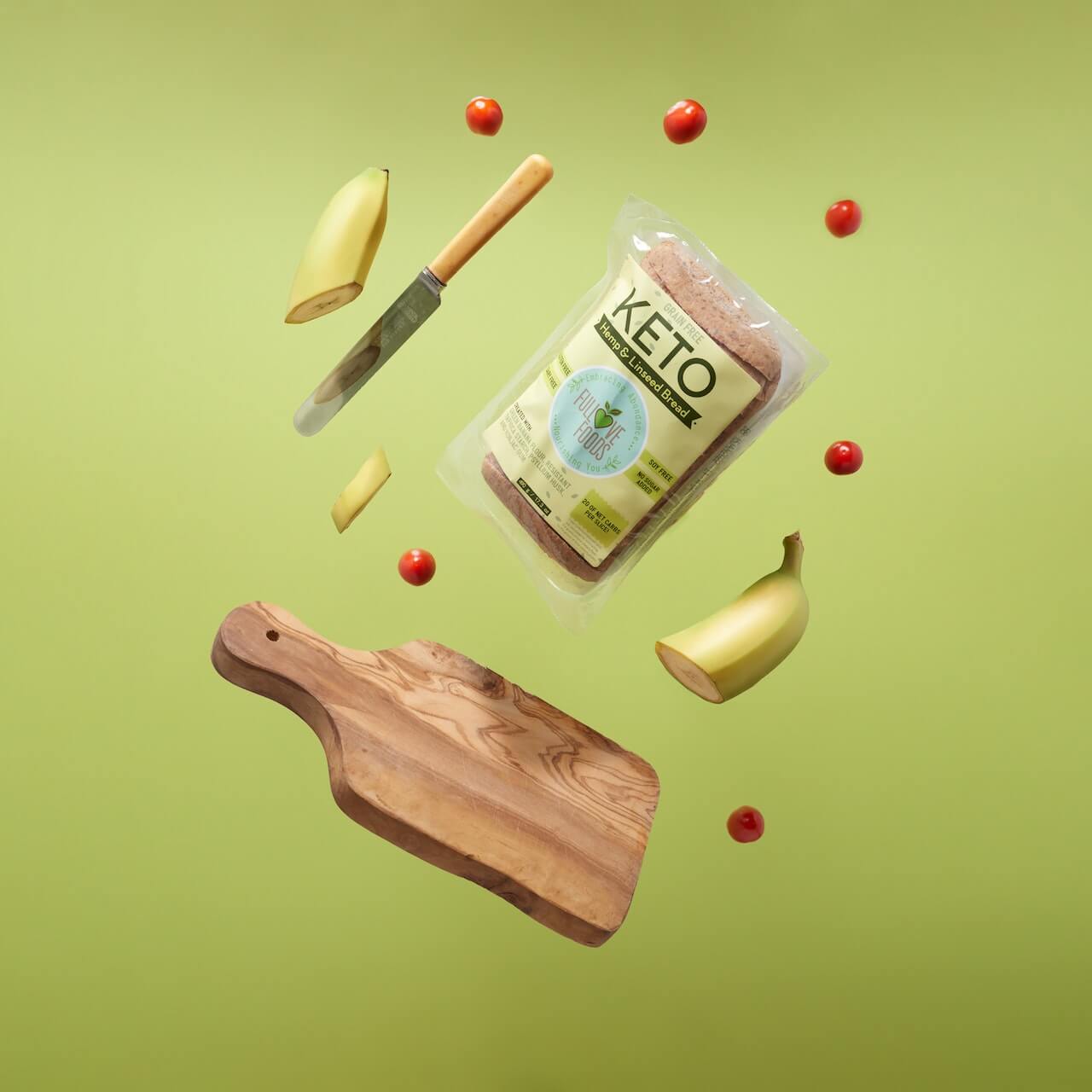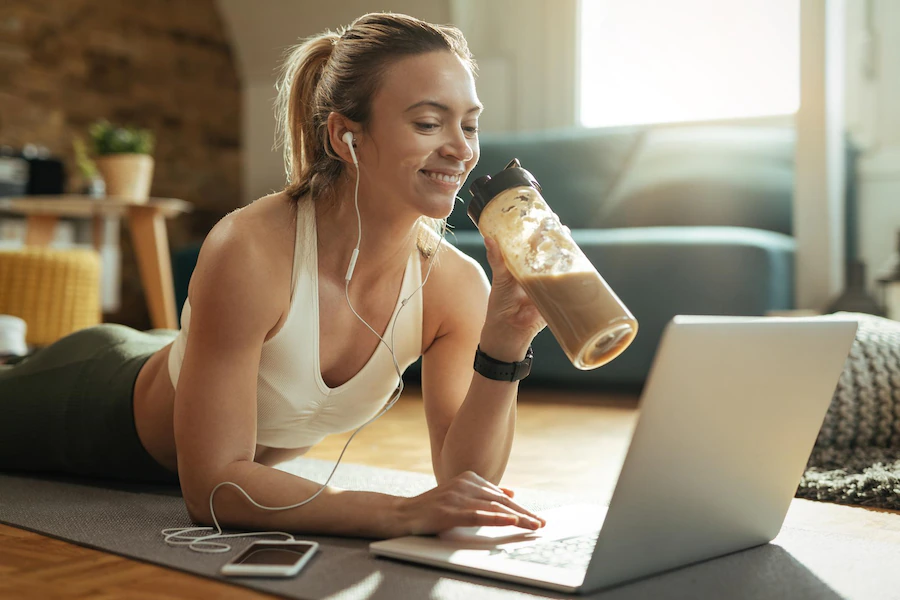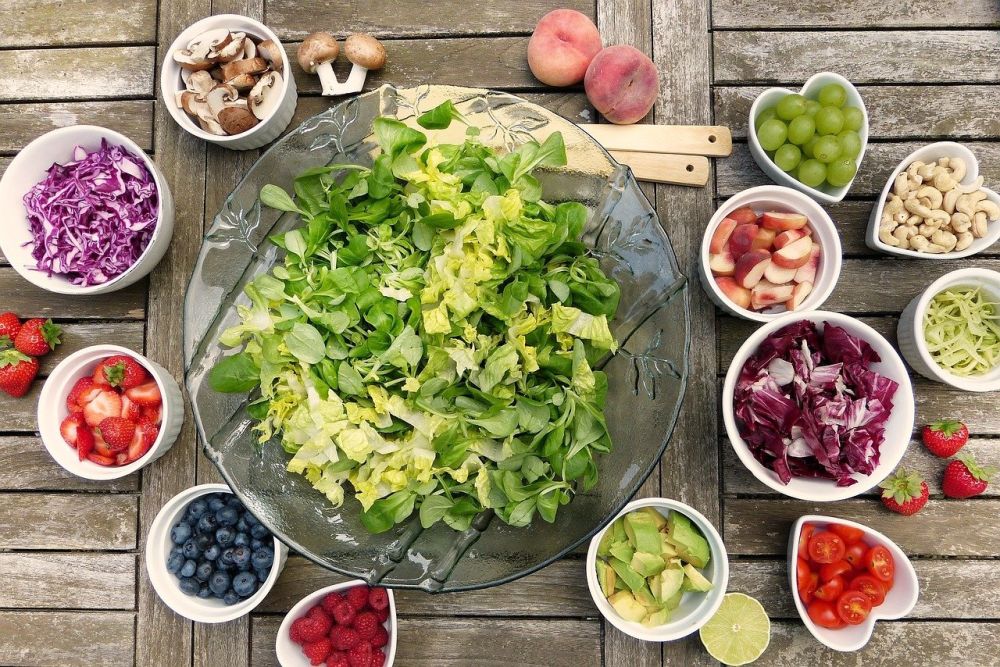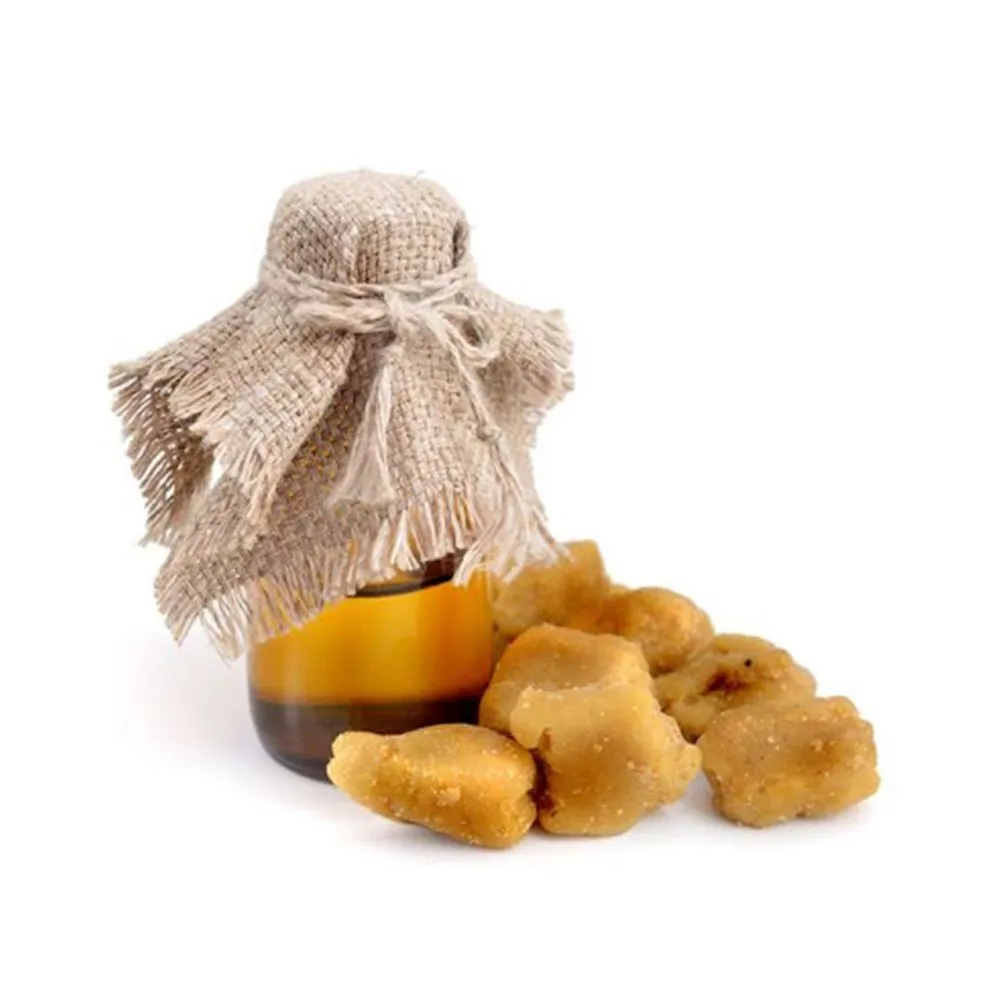A professional race driver wouldn’t dream of filling their car with low-grade fuel before a big race. However, many think nothing of going into a workout gassed up on ultra-processed foods. Are you one of them?
Your knowledge of what not to eat before swimming might stop at “wait at least 30 minutes after eating.” But even this bit of folk wisdom is a myth. It’s more important to select foods your body needs to produce energy and recover from your hard work. Doing so could result in better performance and less soreness after your workout.
Are you ready to fuel your body for the best workout ever? Here are the best foods to eat before aquatic therapy or another fitness regimen.
The Benefits of Aquatic Therapy
What makes pool workouts so beneficial, anyway? The number one answer is accessibility.
Although you need at least 150 minutes of exercise a week to reap maximum heart-health benefits, many people who are at risk struggle to hit this target on land. For example, people who also have conditions like arthritis might find walking a track painful – but the same workout becomes manageable in the water.
Water workouts combine cardiovascular conditioning and strength training in one, making for a faster and more efficient program. The water’s resistance acts like a natural weight, although many aquatic therapy participants complement their routine with water weights to increase their workload. Workouts in deep water require constant motion to maintain your balance, improving your core strength while keeping your heart pumping.
Aquatic workouts don’t leave you all sweaty like their land-based kin. Therefore, they’re a great option for folks who go directly from the gym to the office. A swim cap can keep your hair dry. They’re also helpful for folks with heart conditions who find exercising in overly heated or humid environments too uncomfortable.
The right meal can power your performance even more. Here’s what not to eat before swimming.
What Not to Eat Before Swimming
Fortunately, the same foods that you shouldn’t eat before swimming deserve little room on your weekly menu, anyway. These consist of overly processed foods that cause wide swings in blood sugar that hinder your performance.
You should avoid foods with tons of added sugar, which rules out most cakes, donuts, and candies. However, the sweet stuff can also lurk in prepared meals that seem healthy, at least from the label. For example, many snacks and frozen dinners labeled “low fat” contain tons of added sugar to compensate for the loss of flavor and texture.
White flour is another substance to avoid that’s lurking in nearly every ultra-processed food. Manufacturing takes away the fiber with the bran and chaff, leaving you with a goo that quickly absorbs, spiking your blood sugar. You get an immediate burst of energy followed by a debilitating crash – one that can make you get out of the water if it strikes halfway through your workout.
Although everyone’s preferences differ, some people report feeling tired and sluggish after a high-protein meal. Your body can take as long as two days to digest meat and seafood, while plant-based meals move through your system more quickly. Therefore, you might want to save that recovery turkey burger for after your workout, opting for a banana and some nuts beforehand.
8 Best Foods to Eat Before Aquatic Therapy
What should you fuel yourself with before a workout? First, it helps to understand that all exercise creates temporary and mild inflammation, even as it improves your markers overall. Furthermore, many people who take to the water have systemic inflammation that impacts their symptoms. Therefore, the best foods to eat before aquatic therapy fight this response.
1. Turmeric
Turmeric is one of the most powerful anti-inflammatory substances found in nature. It works even better with a touch of black pepper to make the curcumin, the magic ingredient, more bioavailable. You can add the shaved grounds directly to your tea or enjoy some chicken tikka masala – this root herb appears prominently in many Indian dishes.
2. Ginger
Ginger is another anti-inflammatory root herb you can add to your tea or coffee. It’s perhaps best known for soothing tummy trouble, but it works elsewhere as well. It’s one of the main ingredients in trikatu, an Ayurvedic remedy that scientists are investigating as a possible aid for COVID-19 patients.
3. Berries
Berries are a rich source of anthocyanins, one of nature’s best antioxidants. They’re particularly helpful for the tissues of your heart and brain. Plus, berries make a delicious snack by themselves or a sweet addition to your morning oatmeal.
4. Fatty Fish
If you work out in the afternoon, why not order a tuna salad wrap for lunch? Fatty fish is a rich source of omega-3 fatty acids. Although your body needs both omega-3 and omega-6 fatty acids, they should remain in balance. Many Americans get way too much omega-6, which can increase inflammation. Salmon and mackerel help balance the scales.
5. Leafy Greens
Kale, spinach, and arugula are all rich sources of antioxidants. Plus, these light foods move through your digestive system quickly without bogging you down, making them ideal as a pre-workout snack. You might not relish a heavy meal before hitting the water, but a small salad could suffice.
6. Olive Oil
You might know that olive oil is fabulous for your heart health. It contains numerous phenolic compounds that fight inflammation, including oleocanthal. This substance is eerily similar to ibuprofen – a non-steroidal anti-inflammatory drug.
7. Mushrooms
Some mushrooms – notably lion’s mane and cordyceps – have anti-inflammatory and adaptogenic properties. An adaptogen is a substance that helps your body fight the effects of oxidative stress, either from psychological pressure or external pollutants. Fortunately, you can find powdered supplements if you don’t relish a big meal containing these before you swim.
8. Green Tea
You should stay hydrated when working out, and green tea fits the bill with a bonus of anti-inflammatory goodness. It contains EGCG, which suppresses the action of inflammatory cytokines. You might remember hearing about those proteins during the height of the COVID-19 pandemic. Keeping them in balance prevents your body’s inflammatory response from going haywire.
Best Foods to Eat Before Aquatic Therapy and What Not to Eat Before Swimming
What are the best foods to eat before an aquatic therapy session? The foods you fuel yourself with can impact the quality of your workout. Now that you know what not to eat before swimming, you can make wiser choices that improve your well-being. Here’s to fueling yourself like the champion you are!
